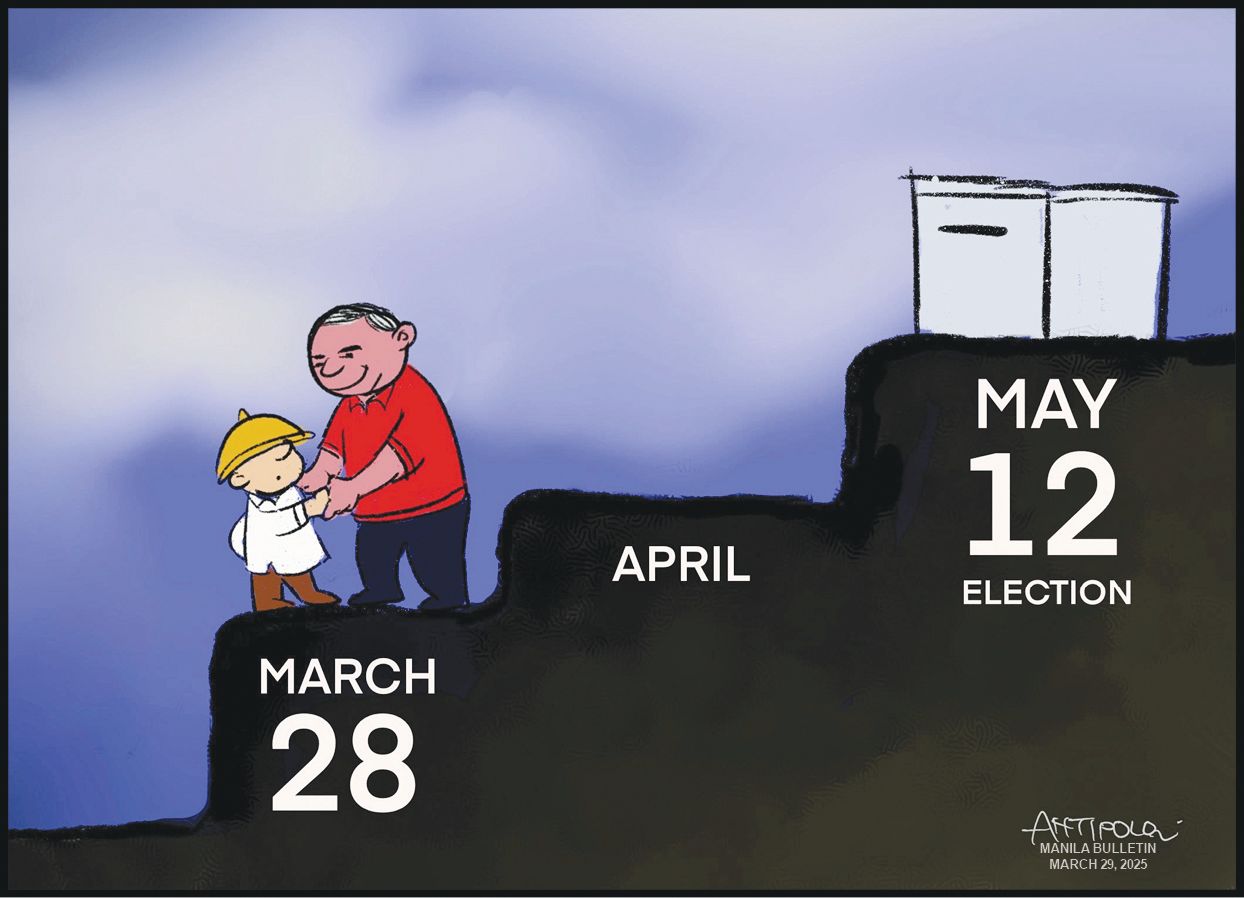
The campaign period for local candidates has officially begun. As of March 28, 2025, those running for governor, vice governor, city and municipal mayor, vice mayor, members of the provincial board and municipal council, and congressional district representative are now allowed to openly seek votes. The campaign period for candidates running for the Senate and party-list representatives began earlier, on Feb. 11, 2025.
The campaign period marks a crucial phase in the electoral process as it is during this time that candidates present their platforms and attempt to win public support. However, it is also a period that requires vigilance from both voters and the Commission on Elections (Comelec) to ensure a fair and orderly election.
Most voters will get to know the candidates only through campaign paraphernalia like posters, flyers, and rallies. The Comelec has laid down strict guidelines regarding campaign materials and activities. Under Resolution 11086, candidates must adhere to specific rules regarding election propaganda, including posters, billboards, and rallies.
For instance, posters must not exceed two feet by three feet in size, and streamers for campaign rallies also have specified sizes and should be removed within 24 hours after the event. Mobile advertisements and LED billboards are permitted but must comply with existing regulations. Additionally, giving away food, expensive items, or cash during campaigns is considered vote-buying and is strictly prohibited.
Another key aspect of Comelec’s regulations is ensuring that campaign activities do not disrupt public order. Candidates are advised to secure permits for rallies, avoid causing traffic congestion, and respect local ordinances on noise pollution.
It is important for voters to know about these Comelec guidelines as it is a good way to observe the character and values of candidates who follow rules and do not employ dishonest ways to go around these.
Despite these regulations, many Filipinos remain skeptical about the state of politics in the country. A recent Pulse Asia survey conducted in February 2025 revealed that 37.9 percent of respondents describe Philippine politics as “magulo” (chaotic), while 17.3 percent associate it with corruption and vote-buying. Other concerns include political division, electoral fraud, and a lack of genuine public service among candidates.
These findings highlight a deep-seated frustration with the political system. However, while many see politics as messy and corrupt, the question remains: Can this perception be changed? The answer lies in the hands of voters. By electing leaders based on merit rather than popularity or patronage, we can gradually shift toward a political culture centered on competence and integrity.
The campaign period is an opportunity for voters to carefully assess their choices. Let us not be swayed by empty promises, celebrity endorsements, or financial incentives. Instead, let us vote for leaders who have the character, competence, and commitment to serve.
As the May 12 elections draw near, let us remember that real change starts with informed and responsible voting. By making thoughtful decisions at the polls, we can help transform our political landscape from one viewed as chaotic and corrupt into one that is principled and progressive.
The Manila Bulletin’s election advocacy on Matalinong Boto (a wise vote) encourages voters to look beyond the jingles and slogans. Look for facts, not fake news; respectful discourse, not mud-slinging; and peaceful elections, not violence. Any candidate running a campaign spiced with fake news, mud-slinging, and violence is not one who can fit the role of a lawmaker and leader.